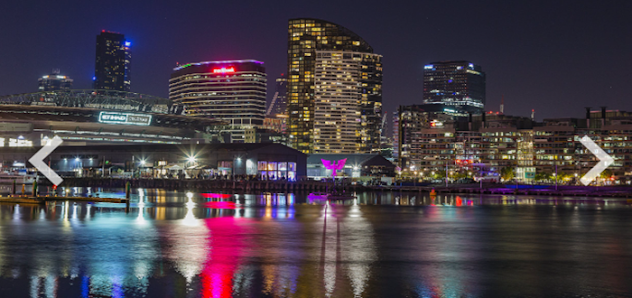What is a cruise? Tips and tricks that will make your first cruise go smoothly
A cruise is a holiday where you travel by, and stay on, a ship or boat – usually a ship. There are many different types of cruises, which you can read below. Or if you want an in-depth explanation of cruises take a look at my article about cruise tourism, covering the benefits and limitations of cruises and the top places for cruise tour around the world. Cruises have a reputation for being more suited to older travelers but this isn’t necessarily the case; they can be fun for tourists of all ages and are a great way to explore multiple destinations on one vacation (known as a multi-center tip).
Bring your own drinks on board: Many first-time cruisers assume they can’t bring their own drinks on board a ship. But many lines will allow this, usually with some limits. It’s one way to save money when cruising, as drink prices on ships can be high. Among the lines that will allow you to be your own bartender is Disney Cruise Line. Adults can bring up to two bottles of unopened wine or Champagne or six beers onto Disney ships at the start of a cruise and at every port of call. Note that these beverages must be packed in carry-on bags. At Royal Caribbean, the bring-your-own allowance is two bottles of wine or Champagne per cabin at boarding, plus up to a dozen standard cans, bottles, or cartons of nonalcoholic drinks. One caveat: Many lines levy a “corkage fee” if you want to bring your wine into an onboard restaurant. Be sure to read the rules for your line before you bring any drinks on board. Please visit to this https://www.brewcle.com/faq/ and get more Tips and tricks that will make your first cruise go smoothly.
Pack your bathing suit in your carry-on: When you first arrive at a ship, before you even get on board, you’ll likely be greeted by porters who will whisk away your luggage. It will be delivered to your room later in the day. This is a great convenience, as there’s no need to haul your bags through the entire check-in progress. But it also means you might not have access to your luggage for many hours on your first day on board. Be sure to pack anything you think you might need for these first hours of your cruise in your carry-on bag. This means things like medication, for sure, and a phone charger, but also a bathing suit, hat, sunscreen and other items that will let you head straight to the pool deck to start the fun.
Bring extra toiletries: Yes, you’ll be able to find sunscreen, aspirin, and Band-Aids on a cruise ship. But it’ll cost you. Cruise lines know you’re a captive audience and price their shipboard stores accordingly. I have a small “go bag” of over-the-counter medicines that I throw into my suitcase for every cruise that contains everything from cold medicine to seasickness pills. I rarely use any of it. But I also never get hit with a crazy toiletries charge. While we’re on the topic of sundries, don’t forget extra batteries for your camera if you are bringing one.
Don’t overpack: Use this strategy when packing for a cruise: Throw all the clothes you think you’ll need on a cruise in a pile, and then take away half of them. You won’t need them. Trust us. Most cruising these days is casual, and you really only need a few outfits to rotate through a voyage. If things get dirty, it’s no problem. Many ships have launderettes on cabin decks where you can run a load or two of laundry every few days. If not, you can send laundry out to be cleaned on board. It’ll usually come back in a day or two. The extra cost of doing a few loads of laundry on a ship is a small price to pay for the freedom of not having to lug a giant suitcase around as you travel to and from your ship. Plus, you’ll want to save room in your suitcase for all the little treasures you’re going to find along the way.
Research ports in advance: There are some types of vacations — a beach trip, for instance — where you don’t have to do much advance research. You just sort of show up. Most cruises aren’t this way — at least if you want to get the most out of them. At the heart of most cruises are port calls that, in many cases, are very short — often just a few hours. You want to have a plan for what to do in these ports or you’ll miss out on a big part of the cruising experience. Once you know what ports you’ll be visiting, research them as much as you can at travel sites such as The Points Guy. Here at TPG, we’re starting to build out a series of home port and destination port guides for everywhere from PortMiami to Bora
BrewBoat Cleveland
5300 Whiskey Island Dr, Cleveland, OH 44102
(440) 941-6690
info@brewcle.com



Comments
Post a Comment